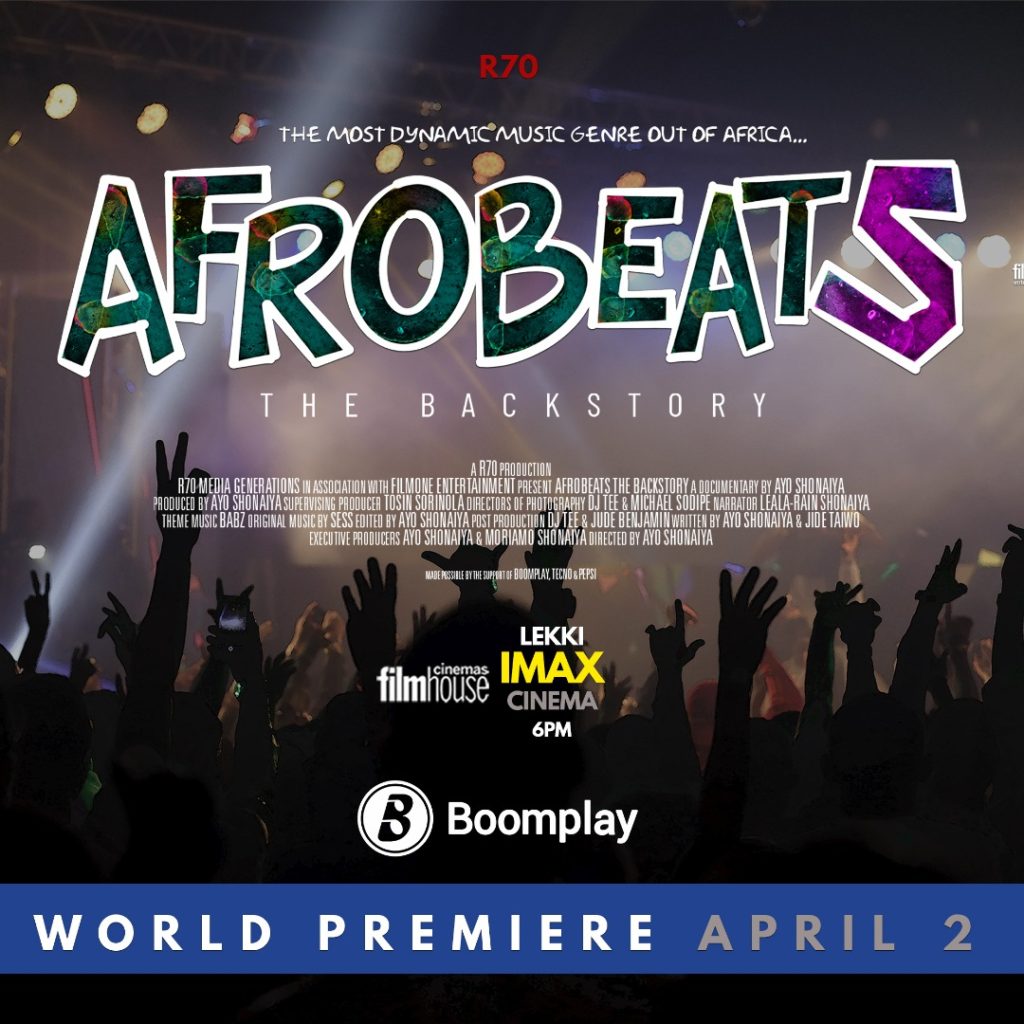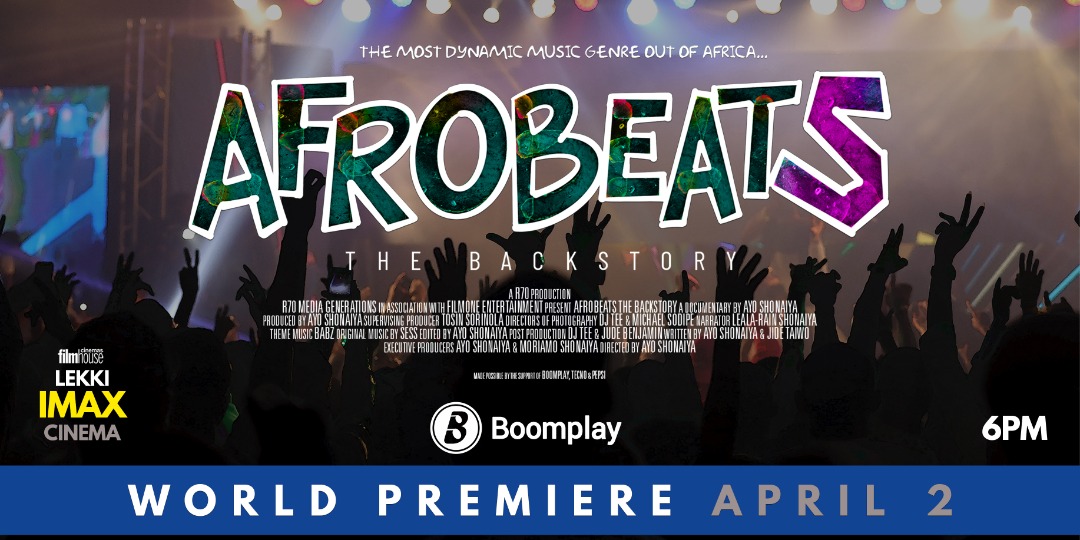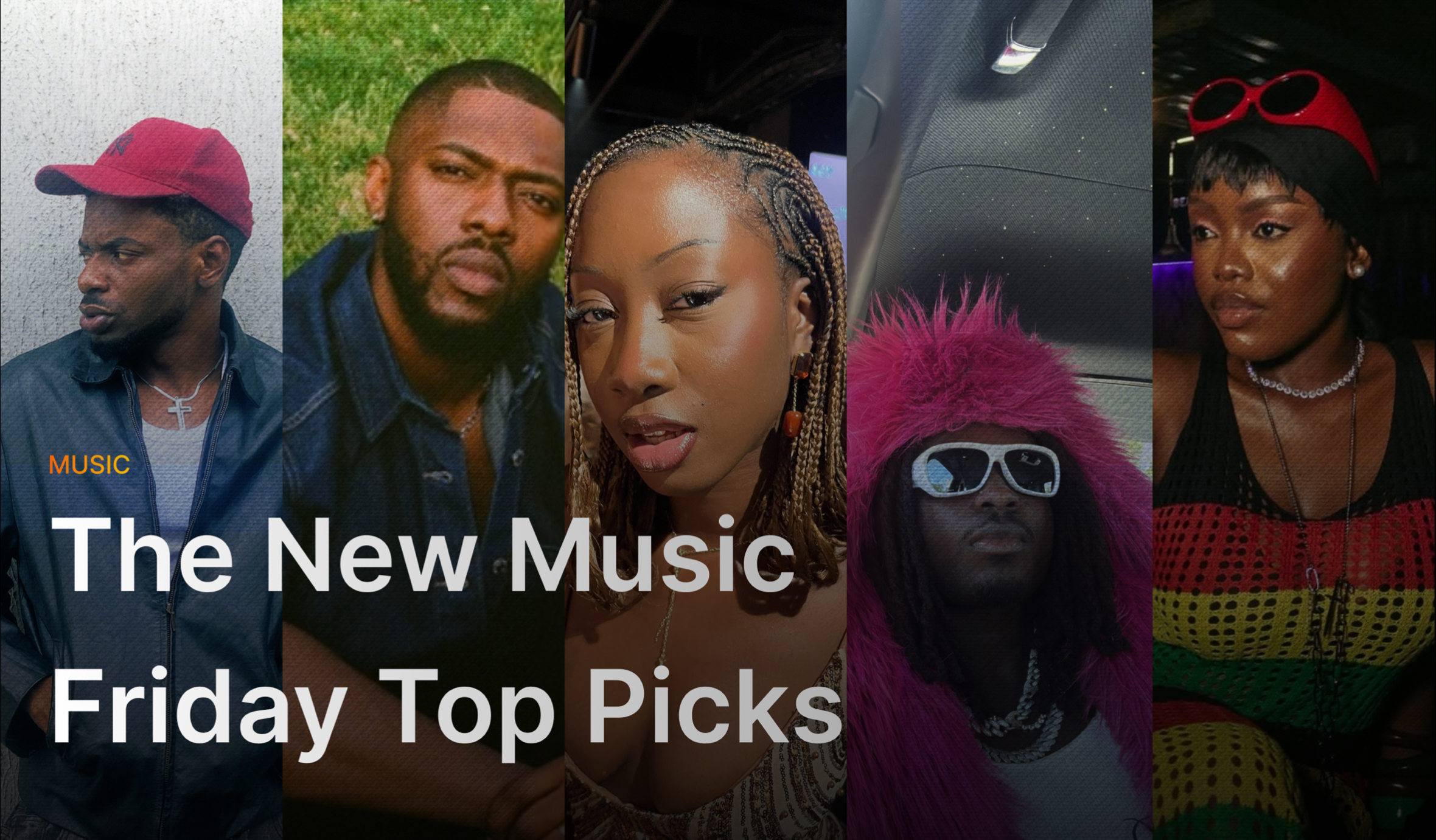The year is 2015, and all is not well with Nigeria’s music scene. From a distance, it doesn’t appear so. Stars are springing up left and right, and a few artistes are even starting to break the barrier to the international community of music faithfuls. But there’s a problem – problems actually – that has persisted over the years without a solution. One, there’s no proper catalog of African music available. Streaming giants like Apple Music and Spotify are already thriving at the time, but the untapped music scene in Nigeria and Africa as a whole means they see no need to stack up their library with the best music the continent has to offer. Besides, their platforms aren’t really used in the motherland anyways.

The iPhone users have access to Apple Music, but the phones’ high cost and many payment methods mean that their use is greatly restricted. On the other hand, Spotify hasn’t even bothered to launch its platform for use in Africa. That leaves many music lovers illegally downloading songs to enjoy their favourite artistes on their mobile devices. This leads us to problem number two, and that’s the fact that the high rate of piracy means African artistes end up missing out on revenues from their music and have to rely mostly on live shows and brand endorsements to make money. It’s unfair to them. But listeners have to listen to music, and these pirated sources are literally the only ones available to them. So the problem persists.
The year is 2021, and things have gotten much better. How? Enter: Boomplay, an application developed by Transsnet, a joint venture between two Chinese companies: Transsion and NetEase, in 2015. Transsion Holdings – under which Tecno, Itel, and Infinix mobile companies are subsidiaries – already held a strong position as the largest manufactures of mobile phones in Africa, and by launching Boomplay as a preinstalled music player on their phones, they significantly increased their chances of success. The initial launch was in Nigeria, but over the years, they expanded to countries like Ghana, Kenya, and Tanzania and now boast of a stronghold over music streaming in sub-Saharan Africa even in the face of the belated moves by Apple and Spotify to enter the African market and tap into the buzzing Afrobeats wave. Boomplay currently offers a freemium and subscription-based service; basic features are free with advertisements or limitations. Additional features, such as download for offline play and ad-free listening, are offered via paid subscription. Since its launch, the platform has grown from 17M monthly users in July 2018 to 53M in August 2019. By June 2020, according to Music Ally, Boomplay had reached 75M global usersof which over 56M are monthly active users.
The role Boomplay has played for the Afrobeats culture has been nothing short of immense. They have helped build the first true platform with a dedicated and comprehensive African music catalog. This step has cut back on the piracy problem that lingers on the continent by giving Africans a one-stop place to access our own music. This impressive catalog also means that users of the app on other continents have access to the very best of African music. That has no doubt helped Afrobeats’ growing popularity around the world. More than just creating an African music library, the brand has taken further steps by supporting numerous African artistes across various projects, including sponsoring the concert that saw Tiwa Savage debut her single “49-99” in Lagos. They have gone on to commit 1 million dollars to the support of up-and-coming talents from the continent in a bid to help them reach new audiences domestically, regionally, and around the world.
The latest project in Boomplay’s unending strife to keep the Afrobeats flame burning is the sponsorship of Ayo Shonaiya’s Afrobeats documentary, set to be released on Friday, April 9, 2021. The documentary chronicles the history of the Afrobeats sound dating from Fela’s days and the evolution it has undergone since then to become what we know and love right now. It features appearances from past and present heavyweights such as eLDee, Olamide, Reminisce, Sasha P, Tony Tetuila, Tiwa Savage, to mention a few.
The immense success Boomplay has achieved is remarkable and nothing short of inspirational, especially when you consider the limitations and difficulties that threaten their commitment to the motherland. Major deals with Universal Music Group and Warner Music in recent years are loud and clear markers that Boomplay is not relenting anytime soon. We hope to see more of these development projects and big market moves that will keep the Afrobeats culture alive and well from Africa’s number one streaming platform.





